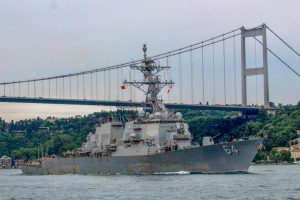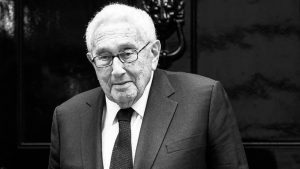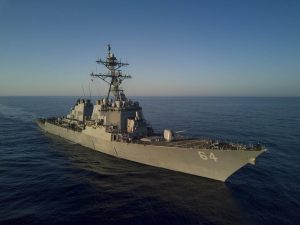National Vietnam War Veterans Day is observed on Tuesday, March 29, when Americans thank and honour those serving in the US military during the Vietnam War.
The war continued for nearly two decades, from 1955 to 1975, saw five US presidents take office and involved nearly 500,000 US military personnel. Over 58,000 Americans were killed overseas, during this war.
Why is National Vietnam War Veterans Day on March 29?
March 29 marks the day to commemorate those who served in the Vietnam War since this is the day the last American troops left Vietnam in 1973, and the Military Assistance Command ceased operations, as per the Vietnam War Commemoration.
New military holiday
The National Vietnam War Veterans Day is a new military holiday, which President Donald Trump signed into law in 2017, after President Barack Obama proclaimed the holiday back in 2014, White House press release archives detail.
Also Read | Judge sees likely Trump crimes, orders release of emails to Jan. 6 panel
Obama explained his choice, writing that the Vietnam War is “a story of patriots who braved the line of fire, who cast themselves into harm’s way to save a friend, who fought hour after hour, day after day to preserve the liberties we hold dear”.
The proclamation continued, “Yet, in one of the war’s most profound tragedies, many of these men and women came home to be shunned or neglected — to face treatment unbefitting their courage and a welcome unworthy of their example”, and added, “We must never let this happen again”.
Also Read | Rapper, tech giant help US afford gas after ban on Russian oil import
Obama’s proclamation explains how the National Vietnam War Veterans Day helps reaffirm a fundamental obligation all Americans have “to show all who have worn the uniform of the United States the respect and dignity they deserve and to honour their sacrifice by serving them as well as they served us”.
War, what is it good for? Absolutely nothing
Several Americans protested the Vietnam War, due to the loss of lives and the US remaining unclear on their objectives. Many felt it was interference in another country’s civil war, while others said the conflict went against Vietnam’s independence movement.
Also Read | Why Kid Rock is not afraid of cancel culture
Since Lyndon Baines Johnson took over as the 36th president of the US after John F Kennedy’s assassination, he largely escalated the war in Vietnam by agreeing to send more troops.
His actions led many Americans to stage demonstrations with the chant “Hey, hey LBJ, how many kids did you kill today?”.







